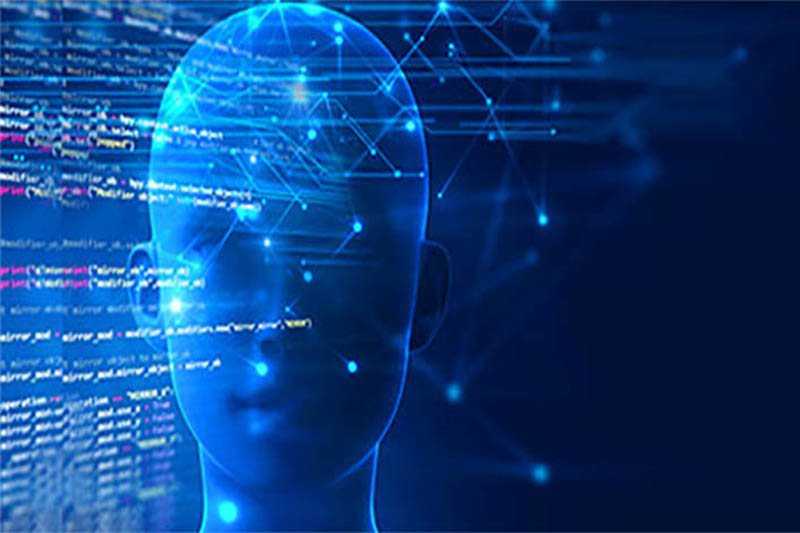
Artificial intelligence (AI) refers to the ability of machines to exhibit humanlike intelligence—for example, the ability to solve a problem without requiring detailed, human-developed software. By reviewing voluminous data sets for patterns, machines can “learn” to perform tasks, such as identifying images, recognising speech, identifying relevant information in texts, synthesising information, drawing conclusions, and forecasting. As AI’s capabilities have dramatically expanded, so has its utility in a growing number of fields.
There is no universally agreed-upon definition of what constitutes AI. The field is advancing rapidly, and developers often mix and match existing technologies to solve specific problems. The term “AI” therefore covers a broad range of technologies and applications, some of which are extensions of earlier techniques (such as machine learning) and others that are wholly new. In fact, there is no generally accepted theory of “intelligence”, and the definition of artificial intelligence changes as people become accustomed to previous advances. While there is disagreement about where to draw the boundaries in this field, there is broad consensus on one thing: AI is the next wave of digital disruption
Artificial intelligence (AI) was first taught in Thailand at government universities more than 30 years ago. Thai-language lecture notes on artificial intelligence (AI) were used in 1975 for teaching an AI course at a university. In 1992 the first AI laboratory was established at the Department of Computer Engineering, Kasetsart University. Research on Thai language processing and expert systems was then concentrated on at the laboratory.
By the 2000s, the AI industry began to develop rapidly. Instruments for storing, processing, and accessing knowledge were needed, giving AI research a great chance to become embedded in Thailand’s national development plan. For instance, this included natural language processing systems for extracting and coding data from unstructured text, algorithms for data mining and knowledge discovery, ontologies and the semantic web, and knowledge service development.
In the early 2010s, the AI industry in Thailand took off and there were many different practical implications of it in the Thai economy including the “Knowledge Engineering and Agricultural Cyber Brain”. Cyber-Brain a community-based platform of services and tools that facilitates IT infrastructure consolidation, information sharing, and collaboration across agencies, partners, and public boundaries. This platform operates to avoid IT duplication between agencies and facilitates integration of IT resources within the federal government and among federal, state, and local governments. With Cyber-Brain, appropriate and personalized knowledge services will be provided to support problem solving, decision making, and early warning.
Since the world population will increase from 7 to 9 billion by 2050, more food will be needed to meet demand. In Thailand, rice is the national food staple and represents the main income sustaining farmers (66 percent of 5.7 million agricultural households are rice farmers). The CyberBrain, as a platform of community knowledge sharing and delivering services in the agricultural domain (especially rice), has been implemented for evaluating nontechnical interoperability and harvesting the best practices for knowledge society development.
Due to the nature and success of the various initiatives being undertaken by the Thai Government to incorporate AI into their National Development Plans, Thailand remains optimistic when it comes to the future of the AI
Today, as a result of collaborations among universities, private organizations, and the government sector, the number of cutting-edge applications for various public services is growing, as evident in Smart Health, Smart Education, Smart Tourism, Smart Energy, Smart Home, and Smart Agriculture. It is a good sign that the Ministry of Information and Communication Technology has seen the importance of integrated service innovation leading to the development of Smart Government and better quality of life for Thai people as a whole.
















